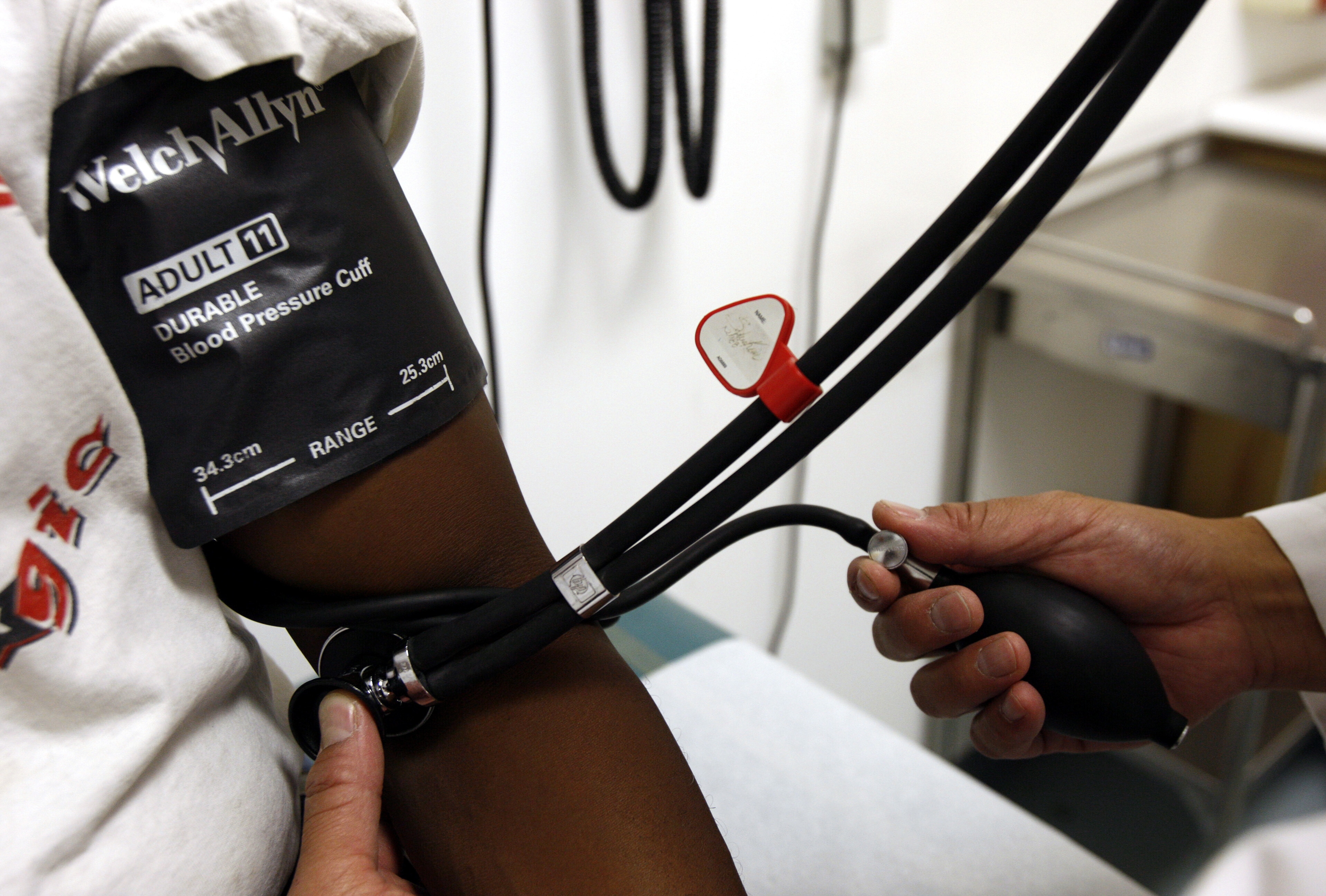This infographic highlights how effective washing your hands can be in an outbreak

Frequent hand washing is one of the most effective ways to prevent the spread of disease.
Image: REUTERS/Mariana Bazo
Explore and monitor how COVID-19 is affecting economies, industries and global issues
Stay up to date:
COVID-19
- A visualization shared this week on Twitter shows how a serious outbreak can be slowed by extra hand-washing.
- It comes from a 2018 BBC documentary, which modeled the spread of a hypothetical flu-like disease in great detail.
- It estimates that stepping up hand-washing across the board can reduce virus transmission by up to 22%, which would help control any outbreak.
- While it obviously will not be an exact match for the current coronavirus outbreak, it underlines the importance of hand-washing, one of the main pieces of public-health advice.
A remarkable graphic from a 2018 simulation of a modern pandemic shows how dramatically a disease like the coronavirus could be slowed by people stepping up the amount they wash their hands.
The visualization is created from data gathered in the UK for "Contagion!", a 2018 BBC documentary to mark 100 years since the 1918 flu pandemic which killed more than 10 million people.

It got a lot of attention on Twitter this week when it was posted by Hannah Fry, a math professor at University College London who led the data-gathering project and presented "Contagion!"
Accept our marketing cookies to access this content.
These cookies are currently disabled in your browser.
It models the spread of a hypothetical pandemic in the UK. On the left is how a disease moves under normal conditions. On the right is how it moves when people wash their hands at least five more times a day than usual.
The data was generated by around 29,000 people who volunteered to turn over their phone's location data to the BBC, along with a manual log of who they came into contact with.
Mathematicians then modeled this to simulate the spread of a flu-like virus, as described in this scientific paper for the journal Epidemics.
They then experimented with variables like whether people started washing their hands more. Based on previous scientific analysis, they estimated that hand-washing would reduce transmission by 22%.
In the model, 90 days after the beginning of the hypothetical outbreak, the simulation predicted that 42 million of the UK's 66 million or so people would have caught the disease.
In the heavy-hand-washing scenario, the figure is instead around 17.5 million, less than half.
The hypothetical pandemic appears a good deal more infectious than the coronavirus, which has in just over two months infected people by the hundreds of thousands rather than the millions. The salient point is the difference between the two scenarios.
Frequent hand-washing is one of the most common pieces of public health advice being shared around the world as the real coronavirus spreads. More than 100,000 people worldwide had been infected so far.
Unlike the wearing of face masks — which governments in Asia have promoted, but authorities in the US say is ineffective — everyone seems to agree that hand-washing will help.
In the UK, the government got out of its comfort zone by employing an internet-famous doctor to make a TikTok video promoting the benefits of thorough hand-washing.
Accept our marketing cookies to access this content.
These cookies are currently disabled in your browser.
Three fairly obvious disclaimers about the graphic:
- The data is not from a real-world pandemic. Scientists are still working out exactly how the coronavirus spreads.
- It models a severe pandemic. Even in China, where the virus has been spreading for more than two months, case numbers are in the high tens of thousands, not the millions. Experts do not currently consider the coronavirus to be a pandemic.
- The simulation is based on people in the UK. Perhaps people in other countries interact with one another very differently — for example in a place with much higher or lower population density, or different cultural habits around physical closeness.
Don't miss any update on this topic
Create a free account and access your personalized content collection with our latest publications and analyses.
License and Republishing
World Economic Forum articles may be republished in accordance with the Creative Commons Attribution-NonCommercial-NoDerivatives 4.0 International Public License, and in accordance with our Terms of Use.
The views expressed in this article are those of the author alone and not the World Economic Forum.
Forum Stories newsletter
Bringing you weekly curated insights and analysis on the global issues that matter.
More on Health and Healthcare SystemsSee all
Ashwini Sharan and Abhishek Jain
September 15, 2025
Shyam Bishen
September 15, 2025
Andrew Hebbeler, Mayra Ameneiros and Valeria D’Amico
September 8, 2025


